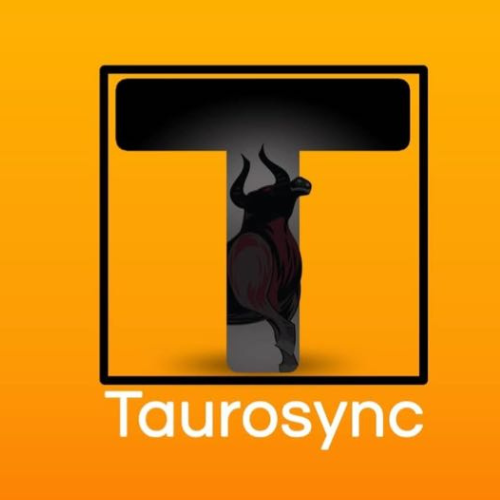Mastering Digital Marketing Strategies for Success
In today’s interconnected world, digital marketing has become the cornerstone of business growth and brand visibility. As consumers increasingly spend time online—whether browsing social media, searching for products, or engaging with content—businesses must harness the power of digital channels to reach and engage their target audience effectively. Digital marketing encompasses a wide range of strategies and tools designed to promote products and services via the internet and electronic devices.

Digital Marketing Essentials Every Marketer Should Know
Digital marketing refers to all marketing efforts that use digital channels such as search engines, social media platforms, email, websites, and mobile apps to connect with customers. Unlike traditional marketing methods like print or TV ads, digital marketing allows businesses to interact with audiences in real-time, track campaign effectiveness, and target specific customer segments with precision.

Building Your Brand with Digital Marketing
SEO involves optimizing a website and its content to rank higher in search engine results pages (SERPs) such as Google. The goal is to increase organic (non-paid) traffic by making the site more relevant and authoritative for target keywords. This includes on-page SEO (content, meta tags, URLs), technical SEO (site speed, mobile-friendliness), and off-page SEO (backlinks).



Crafting a Winning Digital Marketing Strategy
PPC is a model where advertisers pay each time their ad is clicked, often through platforms like Google Ads or social media ads. It provides immediate visibility by placing ads at the top of search results or within social feeds. PPC campaigns are highly targeted, allowing businesses to reach users based on demographics, interests, and behaviors.

Why Digital Marketing is Essential for Businesses
1. Wider Reach
The internet connects billions of people worldwide. Digital marketing breaks geographical barriers, enabling businesses to target local, national, or global audiences effortlessly.
2. Cost-Effectiveness
Compared to traditional advertising, digital marketing offers more affordable options with measurable results. Small businesses can compete with larger enterprises through targeted campaigns and scalable budgets.
3. Measurable Results
Digital marketing platforms provide detailed analytics on campaign performance, including clicks, conversions, bounce rates, and customer behavior. This data-driven approach allows marketers to optimize strategies for better outcomes.
4. Personalization and Targeting
Digital tools enable businesses to segment audiences based on demographics, interests, and purchase history. Personalized marketing messages resonate more deeply, leading to higher engagement and conversion rates.
5. Real-Time Engagement
Unlike static traditional ads, digital marketing allows for real-time interaction through comments, chats, and social shares. This fosters stronger customer relationships and immediate feedback.



